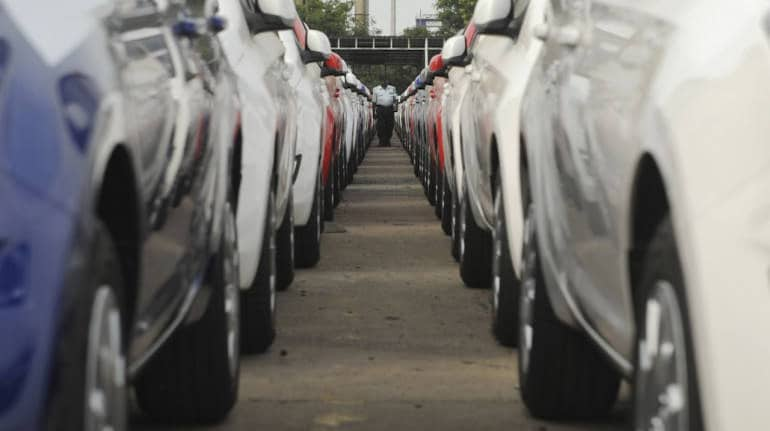



The automobile sector, which has been struggling with rising commodity prices following the COVID-19 jolt, needs a long-term strategy outline for a robust recovery, say experts ahead of the upcoming Union Budget 2022-23.
For the electric vehicle segment, which has a promising outlook, a reduction in the Goods and Services Tax (GST) is necessitated for e-two wheelers, they point out.
The government should, through the budget, unveil measures aimed at drawing investment towards the automotive sector, which was severely affected due to the worldwide plunge in supplies of semiconductor, suggested Saket Mehra, Partner and Auto Sector Leader at Grant Thornton Bharat.
"A long-term strategy outline for the automobile sector is a key expectation from Budget 2022-23, specifically to improve the vehicle demand in the ongoing scenario," he said.
"Automotive firms would seek higher allocations to recover from the steep hike in commodity prices as well as measures towards fostered investments in the sector, especially after being hit by global semiconductor shortage," he added.
Budget 2022 also provides an opportunity to boost the electric vehicles segment. This requires measures aimed at reducing prices, including the roll out of incentives and policies that give an impetus to the e-mobility ecosystem, Mehra suggested.
"There is a need to make the vehicles affordable (particularly EVs) for the end consumer as with the new stage of Corporate Average Fuel Economy (CAFE) norms, further hike in prices is likely to happen next fiscal," the expert said.
"GST reduction on two wheelers is a pre-requisite to provide an augmented support to the segment", Mehra noted.
"Also, to reduce the cost of e-mobility and focus on achieving net-zero carbon emission goals, there is a need to provide necessary fiscal support to start-up enterprises," he added.
An increased outlay and incentivisation towards the renewable sources will also provide an impetus to the e-mobility ecosystem, Mehra pointed out, noting that it would also aid the government in achieving the carbon-neutral milestone by 2070.
"Apart from this, new policy initiatives are expected for inverted duty structure for components," he further said.
Notably, Union Budget 2021 did not offer much to the automotive sector but industry stakeholders were content that there were no nasty surprises, which in budgets past had troubled them. The long-pending scrappage scheme for obsolete vehicles was the key highlight of last year's budget for the auto sector.
Discover the latest Business News, Sensex, and Nifty updates. Obtain Personal Finance insights, tax queries, and expert opinions on Moneycontrol or download the Moneycontrol App to stay updated!